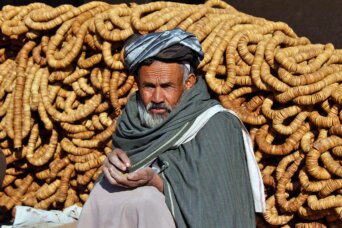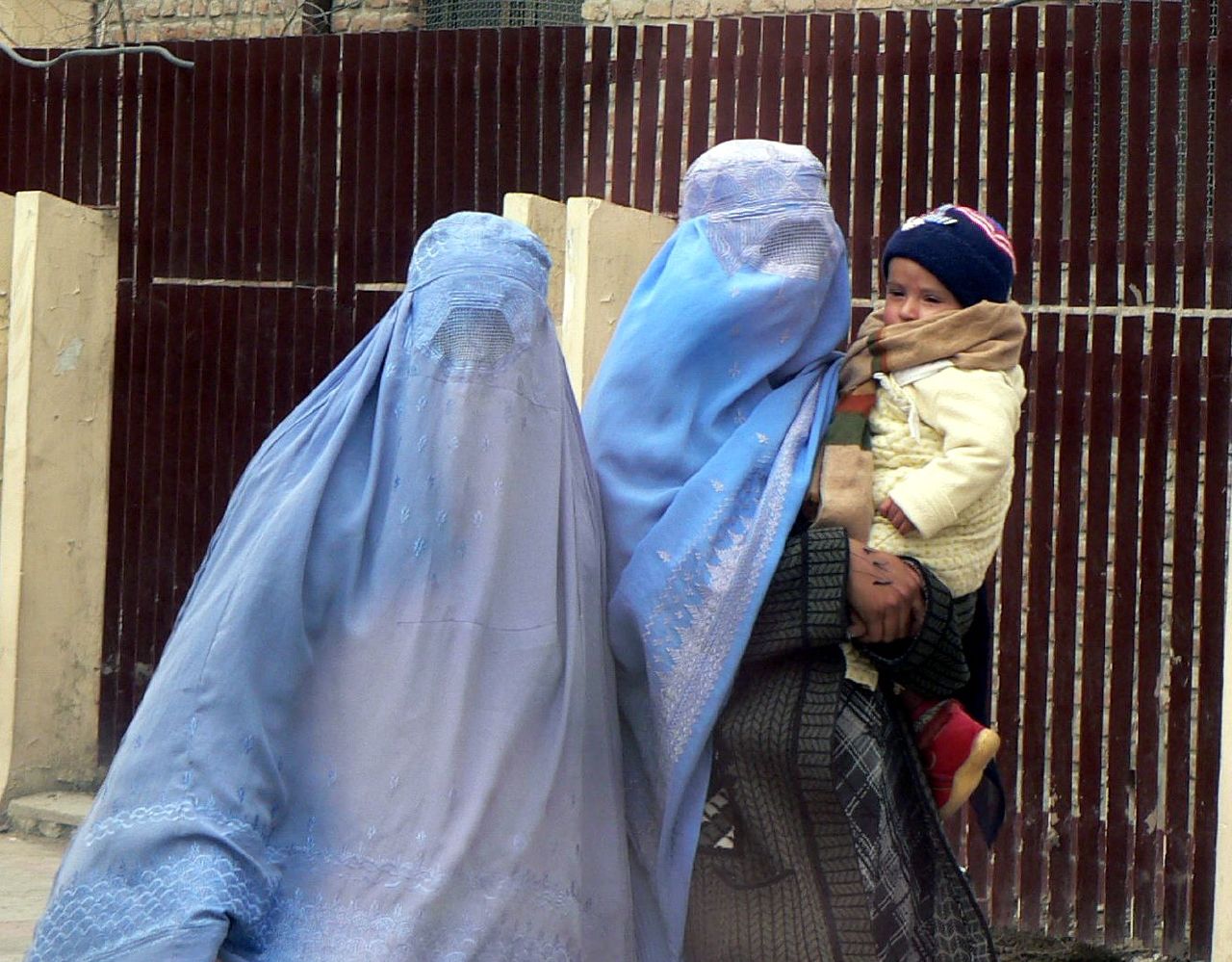- About
- Topics
- Picks
- Audio
- Story
- In-Depth
- Opinion
- News
- Donate
- Signup for our newsletterOur Editors' Best Picks.Send
Read, Debate: Engage.
| topic: | Food Security |
|---|---|
| located: | Afghanistan |
| editor: | Shadi Khan Saif |
At the end of a twenty year-old bloody dispute in Afghanistan, the most evident outcome for the war-ravaged nation is the looming tide of famine stemming from the mismanagement and ego-driven policies of the Taliban and the US.
Since the US-led western military alliance rushed to exit from Afghanistan, the country has been in chaos under its new rulers; the Taliban has been clueless about running state affairs and the world has been reluctant to recognise or support it.
It is equally important to acknowledge that during the previous west-backed Afghan government, conditions in the country were far from ideal. However, the steady flow of aid and functioning state machinery was in place, unlike in the current scenario where these systems are in shambles.
There was a growing level of disparity in the past, as well, between cities and villages, especially between the capital Kabul and the rural provinces. However, now, an array of dark and grim images of disparity are emerging from the once well-off quarters of Kabul, where stranded families are desperately in need of food, medicine and services.
Among the handful of humanitarian aid organisations that remain in Afghanistan, the World Food Program (WFP) has stated, in an urgent appeal for help, that the Afghan people need our support now more than ever. Currently, one-in-three people face hunger and two million children are malnourished.
The WFP has warned that with the drought, pandemic, and conflict, the food security situation will continue to worsen, and hunger will continue to rise in Afghanistan.
With the lack of external aid, and as the Taliban tightens its hold over Afghanistan, the world has essentially drawn an iron curtain over the country, leaving its population of 40 million people to suffer without hope.
Averting this catastrophe in Afghanistan should be the top priority for the global powers and policy makers in Washington, Brussels as well as regional countries and the humanitarian communities. Once this wave of famine has been dealt with, the world, and the Afghans themselves, need to apply all of their efforts to put an end to this vicious cycle of misery in this beautiful and naturally gifted land that haunts its people every now and then.
Taking some lessons from the past, from the Soviet-inspired communists, to the rival factions of Mujahedeen - both the Taliban as well as the US-backed technocrats - many in the Afghan elite have broadly enjoyed an impunity that they never deserved for their brazen crimes and corruption. Born out of wasted interests of the local and foreign power brokers, the impunity offered to many such individuals and groups has been one of the driving forces behind the suffering of the common people here.
But, for now, averting the massive tide of famine should serve as the supreme objective in Afghanistan.
Image by Chiplanay

